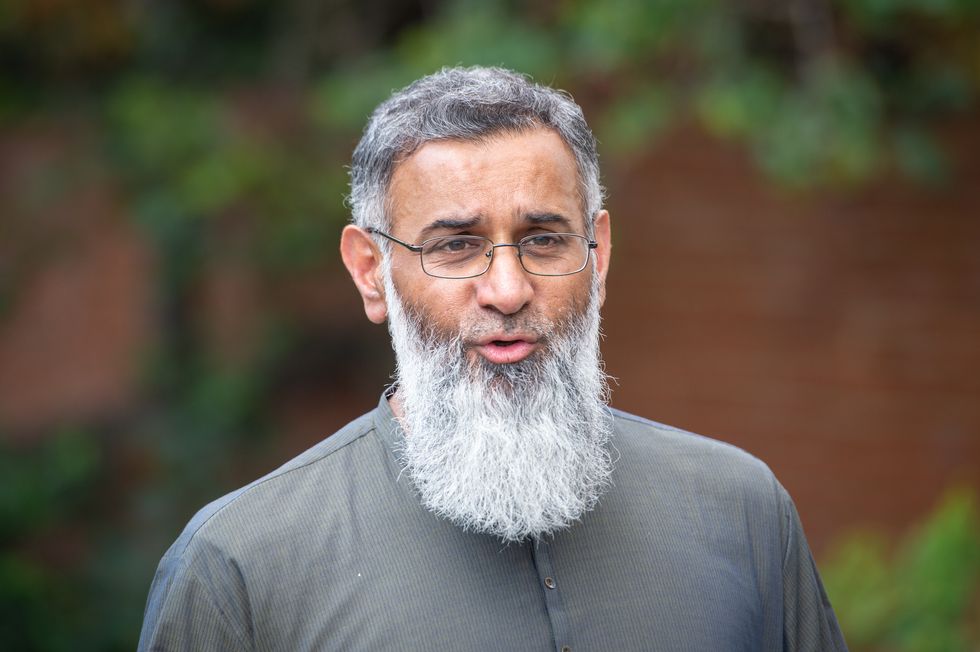The islamist troublemaker Anjem Choudary has been found guilty of directing the Islamist group, al-Muhajiroun.
Choudary is yet to be sentenced but for years he has abused British tolerance and hospitality, claiming thousands of pounds in benefits at the expense taxpayers while striving to undermine democracy and the rule of law. He has even supported those who try to kill us.
He praised those responsible for the 9/11 and 7/7 attacks and called for the murder of the Pope. He has also condemned freedom of expression, democracy and human rights.
He was sentenced to five years and six months in prison in 2016, but released after only two. Now he faces life in prison.

One of the reasons Islamists have been able to thrive in British society is their escape from scrutiny.
For a long time, I saw the benefit of our contempt of court laws. Look no further than the media circus that ensued during the OJ Simpson trial in the United States. The trial became a trial by public opinion and the jury was kept isolated.

But in the modern world of interconnectivity, this is no longer possible. We ought to have faith in our juries that they can be instructed to disregard prejudicial narratives in the public domain.
But one of the key reasons our contempt of court laws need to be reviewed is that they stop the timely discussion of the activities of people such as Choudary.
The moment someone is arrested, under the current interpretation of the law, there is effectively a media blackout. Any public discussion that could influence the case is banned. There is merit to this process but it has stifled the debate that ought to follow Islamist terror attacks.
On the 15 October 2021, Sir David Amess, then Conservative member for Southend west, was murdered by an Islamist and immigrant, Ali Harber Ali. The news broke, Ali was arrested and then the country went silent. People were not allowed to say that Islamist terrorism was the inspiration.
What was needed was a public discussion about the link between mass migration, a lack of integration and Islamist extremism. We never honoured Sir David by having that national conversation. By the time Ali was convicted, it was too late.
These laws are intended to serve the interests of justice by preventing a popular clamour for guilt innocence.
Instead the contempt of court laws have created a conspiracy of silence in which the Islamist cancer has metastasised and it’s time to review these laws, and put free speech at the heart of all these processes.
The stifling of free speech by the contempt laws is no longer practical. Social media and online resources will inevitably be used by juries however much judges try to stop them.
Poor old King Canute is much maligned for showing that he didn’t have the power to hold back the tide. Judges should learn from his late majesty and realise that contempt of court worked in an analogue age but is outmoded in a digital one.
from GB News https://ift.tt/KRti7Lg



0 Comments